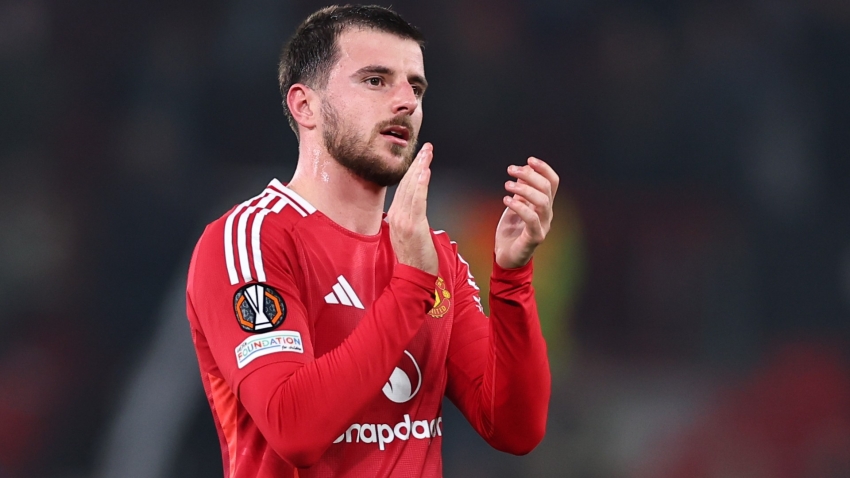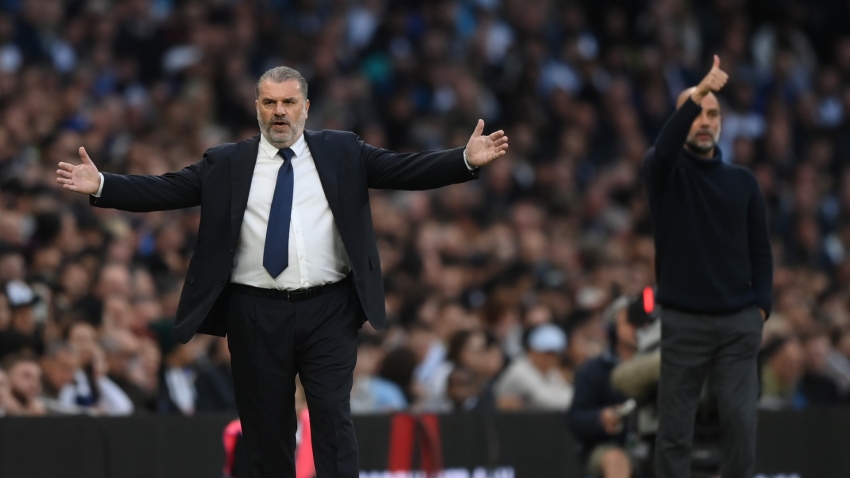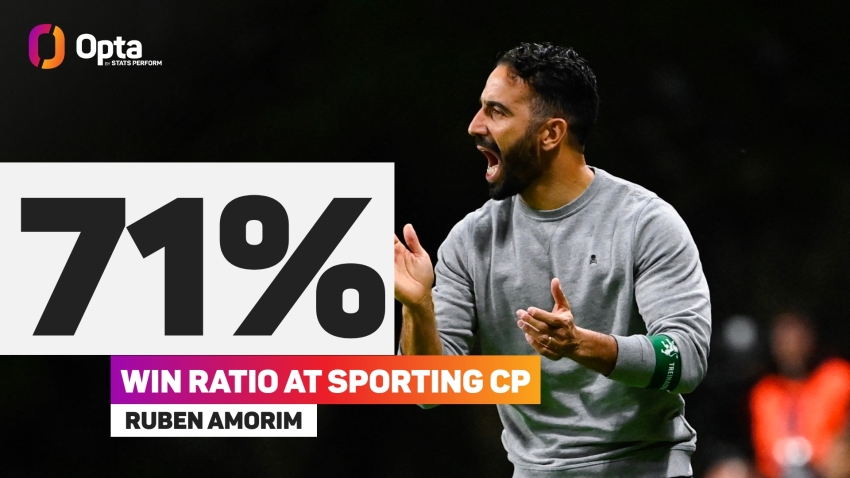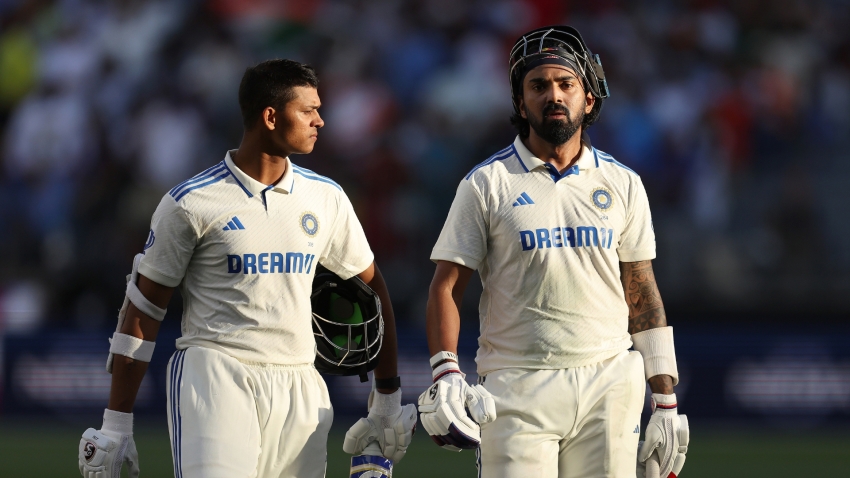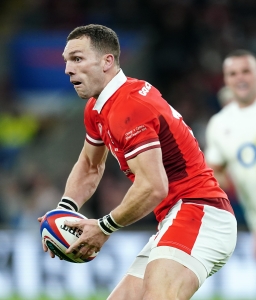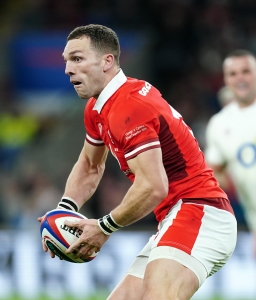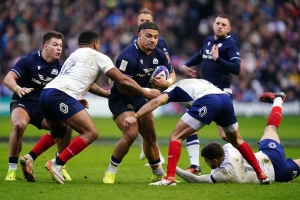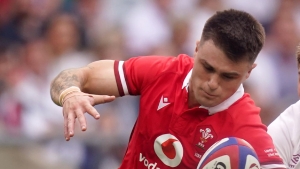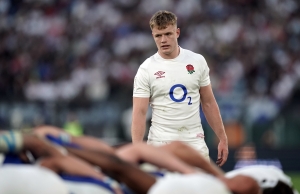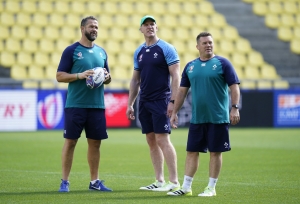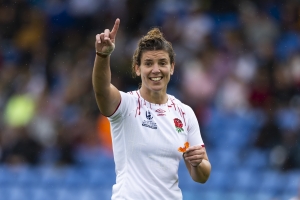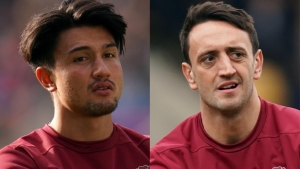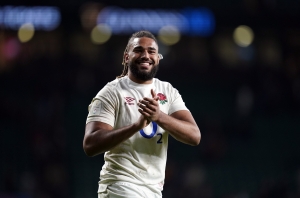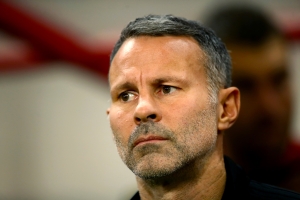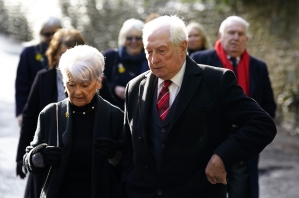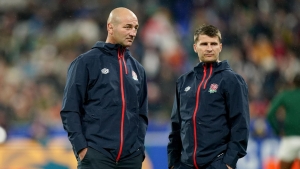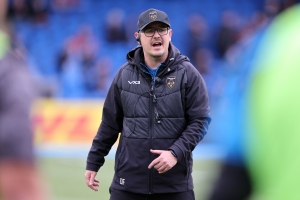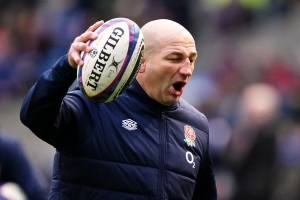Warren Gatland says that comments he made about Welsh professional rugby’s infrastructure were not a criticism of coaches.
Wales boss Gatland said ahead of last weekend’s Guinness Six Nations clash against Ireland that the Welsh regional game sometimes felt like “a sinking ship” and he was not 100 per cent convinced that a reset of it would happen.
Ospreys head coach Toby Booth responded by claiming that some of Gatland’s comments were “a bit inflammatory”, while Dragons boss Dai Flanagan met Gatland on Wednesday.
Gatland had been asked during a press conference to assess key differences between Irish and Welsh rugby and he said that Ireland “have just got the right structures in place”.
Gatland also urged Wales’ four regional teams – Ospreys, Cardiff, Scarlets and Dragons – to focus on improving infrastructure such as facilities, rather than prioritise signing players.
“What I was highlighting was the importance of us, for the next 10 years if we want success and sustainability, having the best facilities and the best support staff, whether that is coaches, medical staff, strength and conditioning,” Gatland told reporters on Thursday, as Wales prepared for next week’s Six Nations appointment with France.
“Probably the difference between us and Ireland at the moment is they have got their systems and structures in place and we’ve got a little bit of a way to go.
“It wasn’t a criticism of coaches. I know how hard they are working in terms of the regions, and how hard they are trying.
“It wasn’t a criticism of them, it is about all of us working together to keep improving the things we’ve got here.
“Probably all of the regions, if they look at their structure and their support staff, they have probably got a couple of holes and things that they are working to hopefully put right for the future.
“I keep saying that the impact of the right environment, the right people and the right facilities will have so much more of an impact for us long-term than one or two players will do in a squad.
“The pleasing thing for me is that it has raised discussion. At least people are talking about it. My concern was if we don’t talk about it and focus on these areas, we will carry on doing what we’ve been doing for years and having the same results.
“I have always tried to be honest. I’ve always tried to give an honest answer or an opinion. It doesn’t always mean I am right.”
Wales will resume their Six Nations campaign against France after successive losses to Scotland, England and Ireland, with Italy following Les Bleus to Cardiff on the tournament’s final weekend.
It is feasible that Wales could end up finishing fifth for a fourth time in the last five seasons, while they last propped up the Six Nations table without a win 21 years ago when Gatland’s fellow New Zealander Steve Hansen was in charge.
“Test match rugby is all about winning, it is all about performing,” Gatland said.
“A couple of close games (Wales lost to Scotland and England by a combined total of three points) where we showed some promise, and then we came up against probably the best team in the world at the moment.
“We’ve got an opportunity in the next couple of games to go out there, keep working hard and improving. Hopefully, the next two games we can come away with wins.”
While Wales have have yet to register a Six Nations victory, France were well beaten at home by title favourites Ireland on the opening day and then held 13-13 by Italy in Lille.
Gatland added: “In fairness to Italy, they stayed in the fight.
“There is no doubt that the red card (for France centre Jonathan Danty) had a significant influence on the game, and then Italy got stronger.
“They (France) are going to come pretty hard at you early on, so you have got to stay in that battle and try and negate that physical dominance of their forwards, the huge size that they have.”









